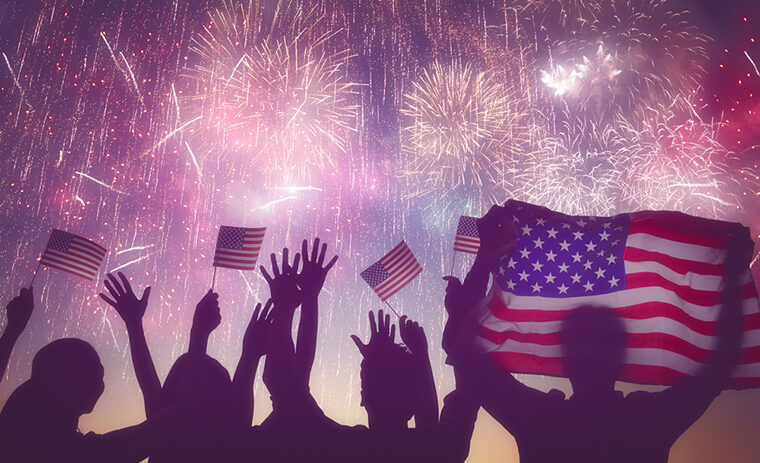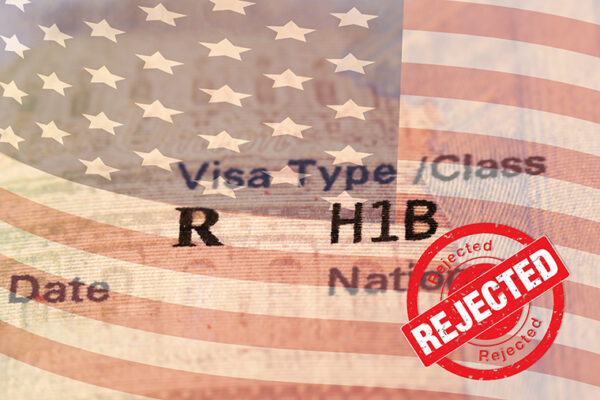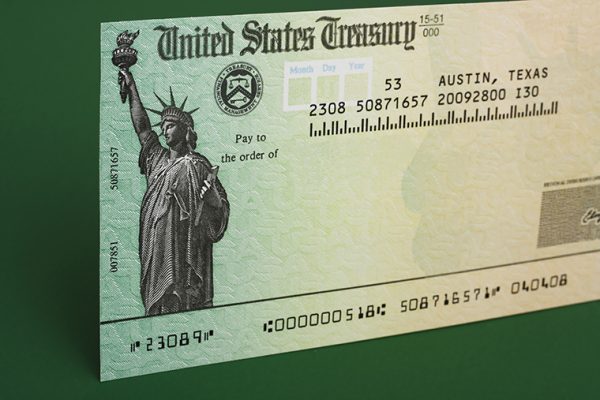As President Trump plans to slap steep tariffs on $300 billion in Chinese imports, a uniquely American tradition could come under fire: Fourth of July fireworks.
John Horn, an international trade expert from Olin Business School at Washington University in St. Louis, predicts fireworks will light the skies next month because cities and towns placed their orders months ago. But the next Fourth?

“The skies could be empty,” Horn said. That is, if the proposed tariffs are imposed and continue into 2020. China’s likely strategy will be to use fireworks as a “political toy” heading into the election season, Horn said.
How? By completely banning sales of fireworks to the United States, he said.
Horn, professor of practice in economics at Olin, helps companies develop competitive strategies and leads war game workshops.
The United States hasn’t yet imposed tariffs on fireworks, but fireworks are on a long list of products facing a 25-percent penalty if China doesn’t make a broader trade agreement with the White House soon.
Julie Heckman, executive director of the American Pyrotechnics Association, was scheduled to testify June 20 before U. S. Trade Representative Robert Lighthizer — and to seek a fireworks exclusion from the tariff list.
To retaliate over U.S.-imposed tariffs, Chinese President Xi Jinping could ban shipments of fireworks to the United States next year to create an uproar before the presidential election, Horn said.
“I wouldn’t be surprised. ‘Oh, you know what? We’re having a shortage of the necessary chemicals, and we need it for other purposes, and we just can’t export it to the United States this year,’” Horn said. “It’s sort of like Xi has threatened with rare-earth metals.”
Manufacturers use those metals as components in smartphones, cameras, flat-screen TVs and many other things, including defense technologies. China dominates the world as the metals’ supplier.
Last year, the U.S. imported 277 million pounds of fireworks from China, representing 99% of backyard fireworks and 75% of professional display fireworks, according to the American Pyrotechnics Association.
China is the dominant maker of fireworks, too. Last year, the U.S. imported 277 million pounds of fireworks from China, representing 99% of backyard fireworks and 75% of professional display fireworks, according to the American Pyrotechnics Association.
If the United States excludes fireworks from tariffs, Horn anticipates that China might mess with the fireworks supply anyway to mess with the U.S.
“I think what China’s trying to do is to make people feel threatened,” he said.
The number of U.S. products on which China could slap tariffs is relatively low compared with the harm U.S. tariffs on Chinese goods can do to China, Horn said. So Chinese officials are targeting what could upset tech companies, farmers and all Americans:
“If you can’t have your iPhone and you can’t sell your crops, that’s going to be significant in the U.S.”
And if you can’t have your Fourth of July fireworks?
“I can see fireworks being a really big one,” Horn said. “It’s Americana.”



